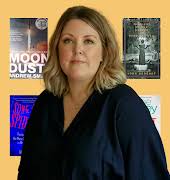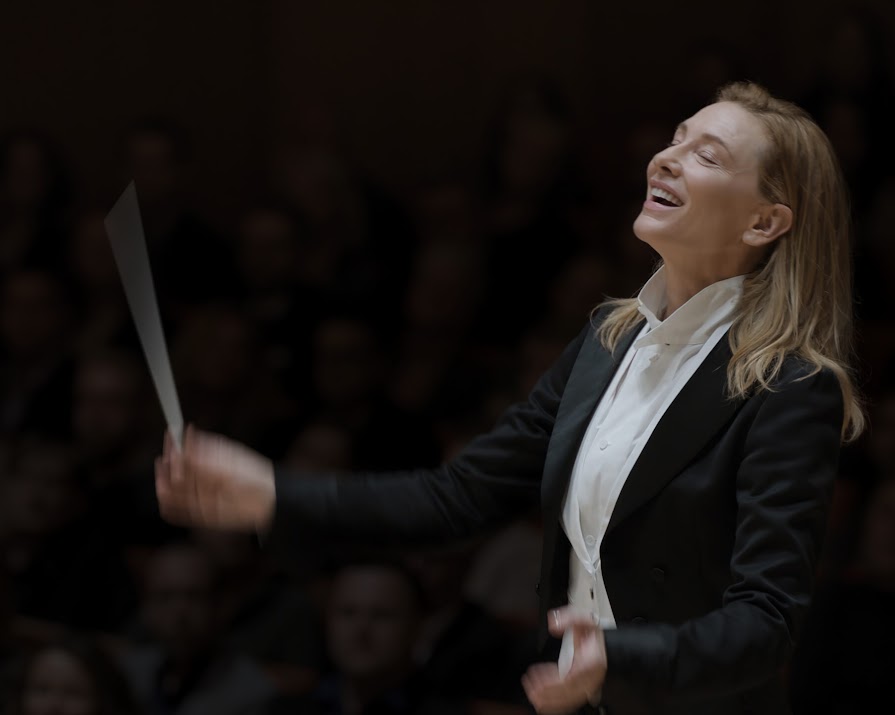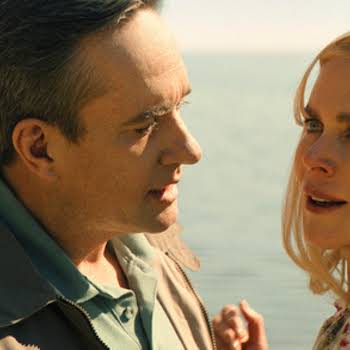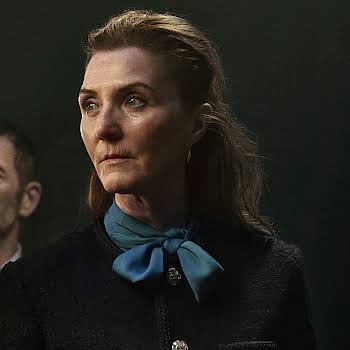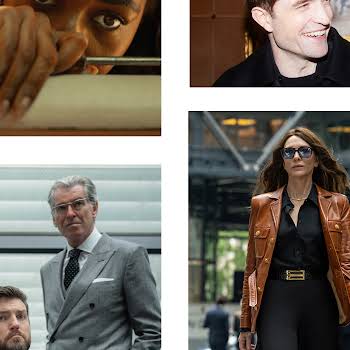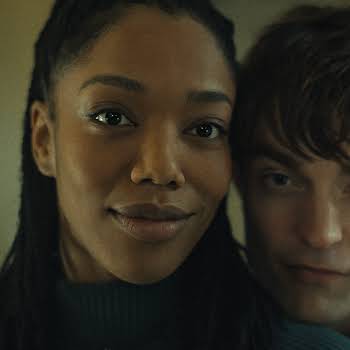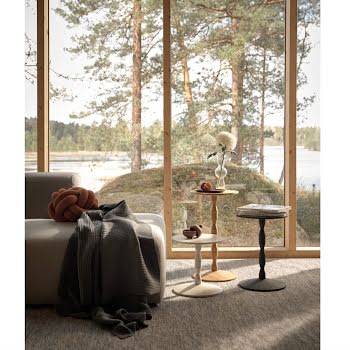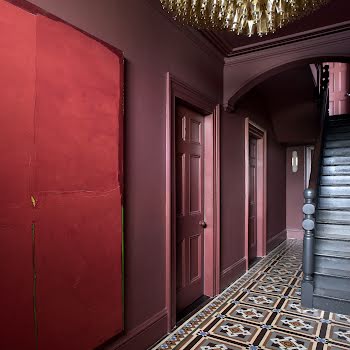Five minutes with ‘Tár’ director Todd Field (the best movie you’ll see this year)
By Sarah Finnan
21st Jan 2023
21st Jan 2023
Already dubbed one of the best films of the year, director Todd Field’s Tár is a masterpiece of atmosphere, hinged on the complex title character of Lydia Tár. Open in Irish cinemas as of last week, we caught up with Field ahead of its release – discussing everything from his admiration for Cate Blanchett to the importance of time and why power is ‘omni directional’.
Tár is a triumphant return to filmmaking for Todd Field, whose last critically acclaimed feature was Little Children, a project he released sixteen years ago. Back with a vengeance, it hasn’t been an easy road to get here and though Focus Features gave him “complete freedom to write whatever it was that I wanted”, the character of Lydia Tár was almost a decade in the making.
Entrusting the role to Cate Blanchett, it’s only now that Field admits he actually wrote the script specifically for her – his first time writing with an actor in mind, but it couldn’t have been anyone else. In fact, he wouldn’t have gone ahead with things had Cate not agreed to do it. What drew him to working with her? “She’s someone that I had been in dialogue with many years ago about another project. And I was just struck by her ability to talk about material, even outside of the performance aspect,” he tells me. “And I wanted to be in dialogue with her again, I deeply wanted to be in dialogue with her.

“It wasn’t something that I considered when I was writing the script, she just kind of appeared in my mind’s eye and she refused to go away during the writing of the script. She didn’t know I was writing it for her, you know. But, I was. So, by the time I finished the script, it was just unthinkable that it would be anyone else.”
Thankfully, Cate was immediately interested. Categorised as a psychological drama, Blanchett gives a magnum opus performance as the formidable title character, Lydia Tár, the first female chief conductor of the Berlin Philharmonic, a Leonard Bernstein protégée, an Emmy, Grammy, Oscar and Tony winner (or, EGOT), and “a U-Haul lesbian” (by her own description).
Set against the backdrop of the international world of western classical music, Tár is the story of her undoing. A tale of power, complicity and abuse, it’s an examination of who benefits from power and how it corrupts… but also, the impossibility of absolute power too – it doesn’t occur in a vacuum, nor does it appear in black and white but on a spectrum, tinged with grey.
“The film is really an examination of what power does and how power works and the complicity of power, the omni directional nature of power, that it’s not unidirectional,” Field explains over Zoom. “There’s not one person sitting at the top of a pyramid, there by their own means, you know? There are all kinds of people that sort of support people that that we see in that spotlight.”

“[With Lydia] we’re looking at someone who is complicated, competent to say the least, hypocritical, underhanded, sometimes untruthful. In short, she’s a human being. And does it make her guilty of the things she’s been accused of? It might, and it might not. But she’s definitely guilty of being a human being.”
Almost verging on documentary at times, the experience is so immersive that you’d be forgiven for believing Tár to be a real person (she’s not). In the opening conversation between Lydia and New Yorker journalist Adam Gopnik, she speaks to the importance of time and a conductor’s role in controlling it – both vital elements of the storyline and, ironically, her downfall.

Fear of losing control dominates her life. Paranoia mounts as the film progresses, manifesting itself through sound – a ticking metronome, a neighbour’s doorbell, a person’s screams in the woods. As a woman, the latter really hit me. The scenes of Lydia out running are particularly impactful as they’re emotive of a very specific type of female fear. One need only think of the brutal murder of Ashling Murphy this time last year to know what I mean.
For Field, those running scenes are symbolic for many reasons. “Well, I think what you’re talking about, you know, I think that they’re hitting you in a very specific point, because I think those are primordial fears,” he says in response to what inspired those particular moments. “In terms of the mounting paranoia, this is a character whose past is starting to catch up with her, she’s starting to feel that something’s on her back… what’s happening internally is also manifesting itself externally, and so it’s a question of, where do those things merge.
“There’s a sense of inevitability for her that fate is arriving, you know,” Field continues. “It’s also a very lonely sort of run that she takes, and it’s in places that are wooded, in places that feel like there’s possibility for things that can be frightening.”
Time is also a mitigating factor in separating art from artist, another conversation requisite to the story and Tár’s ultimate retribution. “We’re living in a period of time right now where the tempo at which we have to make decisions about this versus that, is at the speed of light. And it’s not a practical thing for us to sit there and really examine something, really look at something and not make snap decisions, because it’s just, that’s the modern world,” says Field.
“But for us to go back in time, and make decisions about separating an art form from the practitioner of it, I think is, is dubious at best, because we have hearsay, and we have innuendo, and we have a lot of opinions that are collective opinions based on a set of facts that we have no control over. So, that interests me, but I do think that there are a clear set of parameters to judge what’s acceptable behaviour and what’s unacceptable behaviour.”

At 2 hours 37 minutes long, it’s certainly a commitment – most Hollywood films sit somewhere between 96 and 120 minutes – but if you want my take on it, Tár is already the best film of the year. And with Blanchett recently nabbing the Golden Globe for Best Actress, it’s clear the critics are in agreement. But don’t take my word for it, catch it in cinemas, then tell me I’m right…
Tár is available to watch in cinemas nationwide now.




